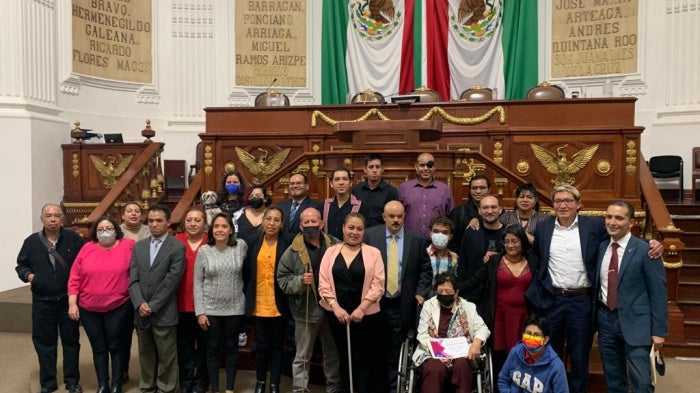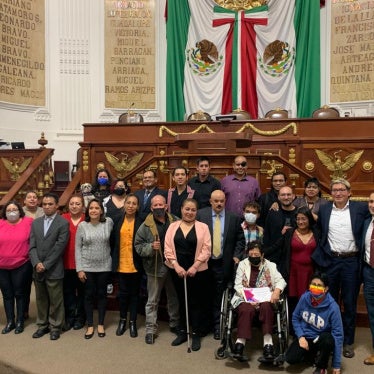Double Injustice
How Mexico’s Criminal Justice System Fails Victims and the Accused in Homicide Investigations

President Claudia Sheinbaum Pardo, who took office in October 2024, inherited an ongoing human rights crisis, rooted in extreme violence by organized crime groups and widespread abuses by police, prosecutors, and soldiers, including torture, arbitrary detention, and extrajudicial killings. The homicide rate is extremely high and more than 115,000 people are considered missing. The criminal justice system is profoundly ineffective at ensuring accountability for criminal violence and abuses by security forces. Hundreds of thousands of soldiers are deployed domestically for law enforcement and to carry out many other government tasks with almost no effective civilian oversight. In September 2024, Congress approved a series of regressive constitutional changes, including an expansion of the military’s role in policing and a sweeping overhaul of the justice system that could severely undermine judicial independence.


December 3, 2025
How Mexico’s Criminal Justice System Fails Victims and the Accused in Homicide Investigations

Next Administration's Policies Would Worsen US Abuse at the Border


The Path Toward Implementing the Legal Capacity Reform in Mexico City

Prevent Risk of Abuse, Dependency for People with Disabilities

Disability Rights Hearing Announced Without Reasonable Time to Participate
Decision Eases Requirement to Consult with People with Disabilities

CCTV Chicago Area Footage Calls Official Account Into Question

New Judges Set to Take Office Following Constitutional Change

Largest-Ever Sporting Event Poses Major Risks for Fans, Workers & Athletes
